State Representative Adam Neylon District 98 | Official U.S. House headshot
State Representative Adam Neylon District 98 | Official U.S. House headshot
The Wisconsin Assembly Committee on Health, Aging and Long-Term Care has approved several bills aimed at enhancing healthcare for residents of the state. The proposed legislation covers a range of issues including direct primary care (DPC), patient consent for pelvic examinations, designation of physician assistants and advanced practice nurses as state agents, establishment of a Palliative Care Council, requirements for pharmacists in prescribing controlled substances, and restrictions on gender transition procedures for minors.
State Representative Adam Neylon (R-Pewaukee) commented on the significance of these bills. Regarding AB 8, he stated: “Imagine a healthcare system where you pay a simple monthly or yearly fee for direct access to your doctor- no insurance headaches, no confusing paperwork. That’s what DPC offers. By cutting out the middleman, DPC makes healthcare more affordable, efficient and personal."
For AB 11, Neylon remarked: “The job of government is to protect our most vulnerable. Also known as the Patient Privacy Protection Act, this bill promotes compassionate care and ensures the patient’s experiences and perspective are valued and respected.”
Addressing AB 12's impact on healthcare staffing shortages, he said: “By allowing physician assistants and advanced practice nurses to serve as local health officers, we’re alleviating this problem.”
Neylon also highlighted the importance of AB 23 by stating: “Establishing the Palliative Care Council provides relief to the suffering and may ultimately help lower healthcare costs.”
On AB 68's role in combating opioid misuse, he noted: “Extending the requirement for a patient’s records to be reviewed in order to be prescribed controlled substances is a common-sense step in addressing the opioid crisis.”
Lastly, regarding AB 104 which addresses medical procedures for minors undergoing gender transition, Neylon explained: “AB 104 doesn’t prevent minors from socially transitioning or changing their name or pronouns. This bill takes a cautious approach to life-changing medical procedures for kids in Wisconsin.”
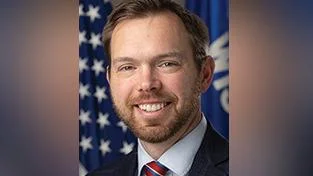
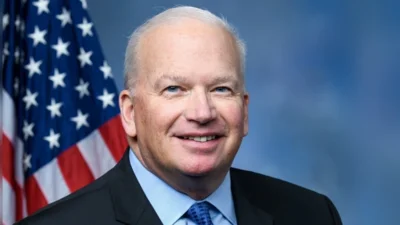
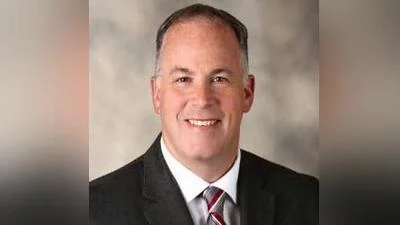
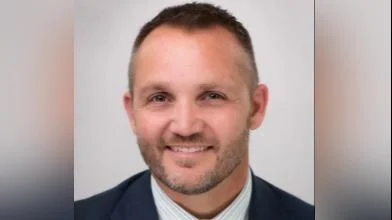
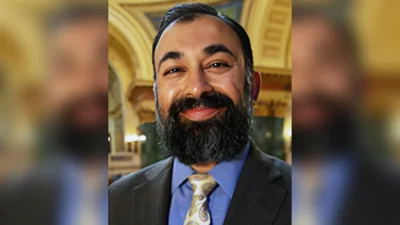

 Alerts Sign-up
Alerts Sign-up